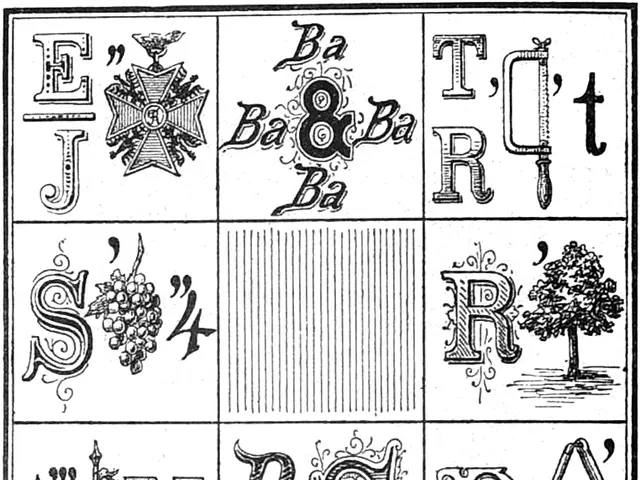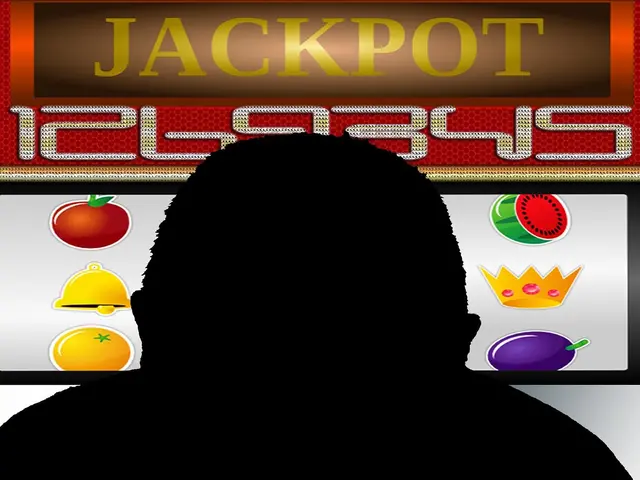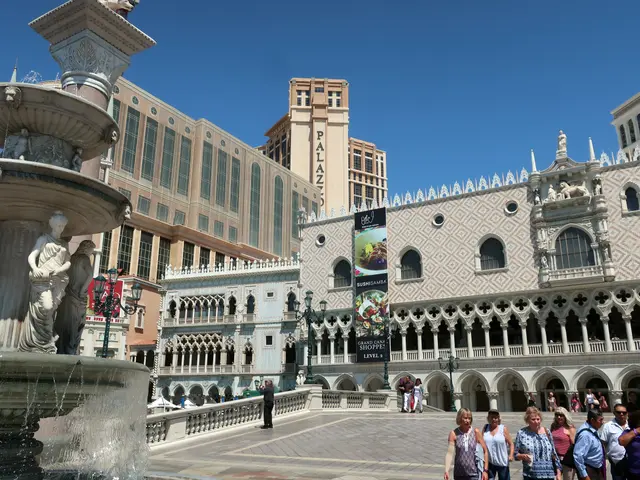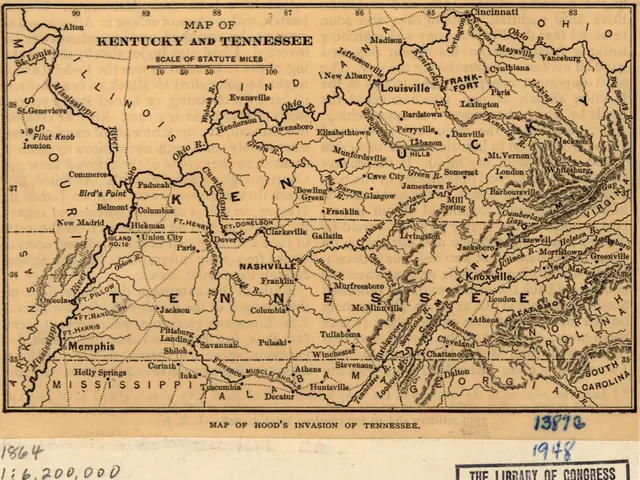Brazilian ex-president Jair Bolsonaro is currently confined to his residence
Article: The Legal Battles and International Fallout for Former Brazilian President Jair Bolsonaro
The legal disputes surrounding former President Jair Bolsonaro of Brazil have taken a dramatic turn, with the ex-leader facing heavy criminal charges for his alleged role in a failed coup attempt following his election defeat in 2022. Bolsonaro's house arrest, ordered by Brazil's Supreme Court in August 2025, has sparked a contentious divide within the country and raised concerns about the state of Brazil's democracy.
Justice Alexandre de Moraes, a key figure in these legal actions, has been accused of abusing judicial authority by targeting Bolsonaro and his allies. His measures have included police raids, arrests, bank account freezes, passport confiscations, jailing individuals without trial for social media posts, and ordering U.S. social media companies to censor content, including of U.S. citizens. This has also involved imposing fines and threatening criminal prosecution of U.S.-based companies that resist compliance.
The political relationship between Brazil and the U.S. has been affected significantly by these developments. The U.S. government views the Brazilian Supreme Court's actions, particularly those led by Justice Moraes, as politically motivated persecution of Bolsonaro and as coercive censorship of free speech, including speech protected by the U.S. First Amendment. In response, the U.S. imposed tariffs on Brazilian imports—specifically a 40% tariff—as well as sanctions under the Magnitsky Act on Justice Moraes and visa restrictions on Brazilian judicial officials involved. These measures have been described as attempts by the U.S. government to interfere in Brazil's judicial sovereignty and have triggered tensions between the two countries.
Brazilian President Luiz Inácio Lula da Silva has criticized the U.S. interference as unacceptable and expressed solidarity with Justice Moraes, framing it as a defense of Brazil's democratic institutions against external pressure. The situation has led to a complex dynamic where domestic judicial actions against Bolsonaro intersect with international trade and diplomatic conflicts, affecting investor confidence and the broader geopolitical alignment between Brazil and the United States ahead of Brazil’s 2026 elections.
In addition to the legal battles, Bolsonaro's supporters have taken to the streets, demonstrating in several cities across Brazil, demanding amnesty for him. The ex-president has been accused of violating the court's order to refrain from using social media for political purposes, and his son, Flávio Bolsonaro, addressed crowds in Rio de Janeiro, putting his father on speakerphone for the protesters.
The U.S. State Department has criticized the house arrest order for Bolsonaro, accusing Judge Moraes of abusing Brazilian institutions to suppress the opposition and endanger democracy. The situation remains a source of international concern, with the future of Brazil's democracy and its relations with the U.S. hanging in the balance.
- The escalating legal issues surrounding Bolsonaro, despite his resignation in 2023, have extended to war-and-conflicts within Brazil, as protests against his house arrest and potential trial continue.
- Meanwhile, casino-and-gambling enthusiasts eagerly watch the unfolding drama, curious about its impact on policy-and-legislation, as the political clashes between Brazil and the U.S. might lead to changes in laws related to casino games.
- In the realm of crime-and-justice, critics accuse Justice Alexandre de Moraes of overreaching powers, questionable tactics such as jailing individuals without trial for social media posts, and imposing fines or criminal prosecutions on companies—including those in the U.S.—that resist his demands.
- General-news outlets cover the international fallout, reporting how the political upheaval in Brazil, particularly the US-Brazil trade dispute resulting from the imposition of tariffs on Brazilian imports, has become a critical poker chip in the broader game of global politics, affecting investor confidence and geopolitical alliances ahead of Brazil's 2026 elections.








